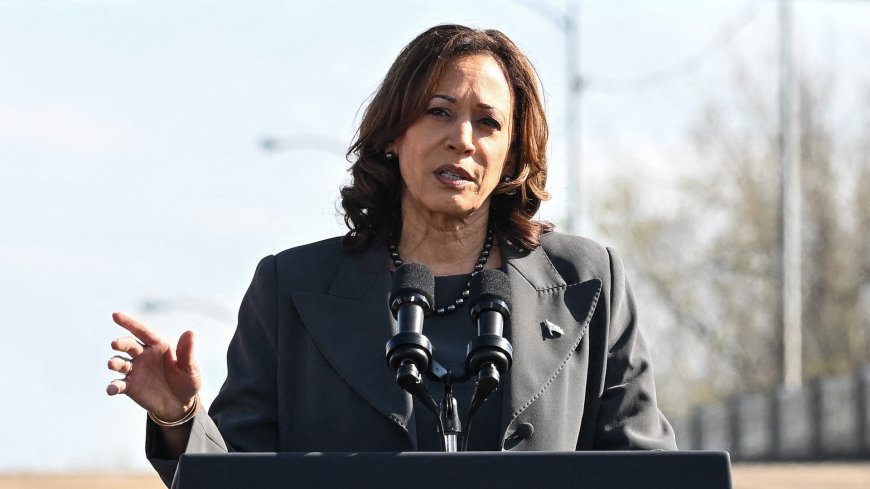Harris Expresses Criticism Towards Israel, Setting Tone for Administration's Approach

In a recent television interview, Vice President Kamala Harris diverged from the administration's previous stances on Israel, refusing to rule out potential consequences for the country in the event of a full-scale invasion of Rafah during its conflict with Hamas. Harris's remarks are the latest in a series of criticisms directed towards Israel's military actions, consistently positioning her a step ahead of President Joe Biden.
While Harris has acknowledged Israel's right to self-defense, she has been vocal about her concerns regarding its methods, particularly in the aftermath of events such as those occurring on October 7th. During a recent visit to Selma, Harris referred to the humanitarian situation in the region as a "catastrophe." In the television interview, she refrained from dismissing the possibility of repercussions for Israel, prompting discussions within the administration about its stance on the matter.
Despite the differences in tone between Harris and Biden, the White House maintains that both individuals are aligned in their approach to Israel. However, observers note a perceptible gap between their positions, speculating on whether Harris has been intentionally tasked with adopting a more assertive stance towards Israel, allowing Biden to provide more subtle criticisms privately.
Harris's willingness to challenge Israel's actions has been met with support from within the administration, with some officials believing that her approach resonates with segments of the domestic audience seeking a change in direction from the administration's policies. While Harris's remarks have sparked questions about potential divisions within the administration, there is consensus that the relationship between the U.S. and Israel has become increasingly strained over time.
Recent events, such as the U.S. abstention from a United Nations Security Council vote demanding a cease-fire in Gaza, highlight the growing tensions between the two countries. Netanyahu's decision not to send an Israeli delegation to Washington following the vote underscores the depth of the rift. President Biden's State of the Union address further emphasized the deteriorating conditions in Gaza, signaling a shift in the administration's stance towards Israel.
As the administration navigates these challenges, the future of U.S.-Israeli relations remains uncertain. With both Biden and Netanyahu facing pressure to manage the situation effectively, the possibility of further tensions looms large, potentially straining the longstanding partnership between the two nations.













































